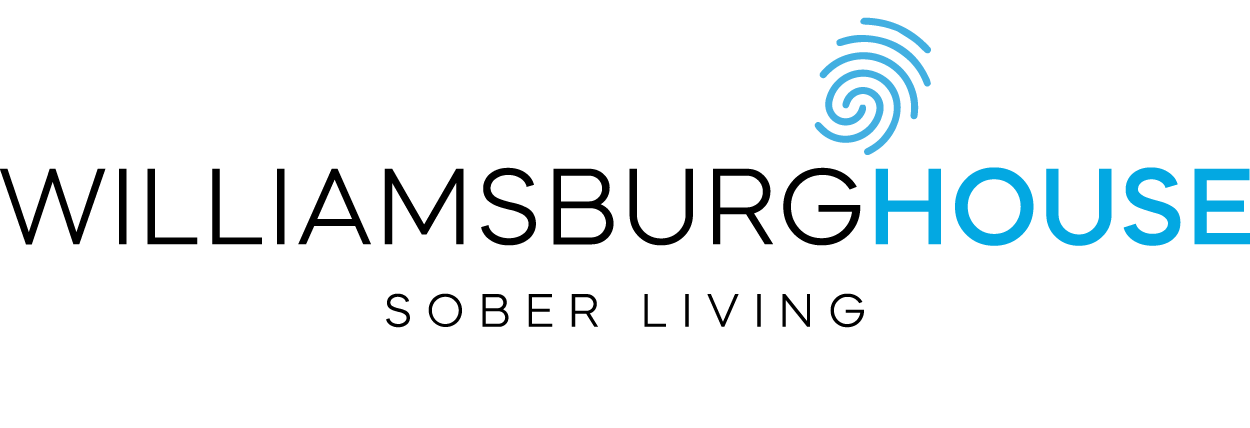One of the many textbook definitions of recovery is “a process of change through which individuals improve their health and wellness, live a self-directed life, and strive to reach their full potential.” While this is a great definition, the reality is that every person is unique, with different goals depending on where they are in life, so it is hard to measure progress simply based on that definition. In this post, we are going to dive deeper and look at the 4 dimensions of recovery, and how using those as a guide to foster progress can be incredibly helpful.
The 4 major dimensions of recovery are health, home, purpose, and community. The health dimension includes our physical and emotional health while the home pillar of recovery entails having a stable and safe place to live. The two other dimensions, purpose and community, covers having meaningful daily activities and cultivating social networks of support. Let’s dive a little more into each dimension.
The Health Dimension — Mental & Physical Wellness
When someone first enters recovery from a substance use disorder, there may be urgent physical health conditions that need to be addressed before they can continue onto the other aspects of recovery where new healthy habits can be accomplished. First and foremost, abstinence from any substances is the most impactful decision we can make for our health both physically and emotionally. Our sleep patterns are also often disrupted in active addiction or other mental health episodes which can have a huge impact on our ability to function on a daily basis. Integrating some level of exercise is important to maintaining daily function as it can have as great of an influence on our emotional wellbeing as it does our physical wellbeing.
One of the many ways to take care of our emotional wellbeing is by participating in talk therapy or other support groups. Being able to regulate our emotions when life becomes stressful is one of the most valuable skills we can learn.
The Home Dimension—Creating Stability
It’s easy to overlook the importance of having a stable living environment. It’s easy to tell ourselves that as long as we have a roof over our heads that what happens under that roof doesn’t matter as much. The truth is that when we’re so overwhelmed trying to figure out where we’re going to live next or live with unsupportive people, it’s very challenging to maintain focus on our recovery. Often when we enter recovery we have to make the difficult decision to leave our current living situation for something unfamiliar in order to create new healthy habits. This can be especially true if the people that we lived with enabled our unhealthy behaviors and addictions. Once the stability of our daily living situation is in place, we’re able to begin creating routines and purpose for ourselves.
The Purpose Dimension—Maintaining Motivation
Having a reason to get up and participate in life is one of the key components to fulfillment and maintaining sobriety. The idea of finding a purpose can initially feel overwhelming when in reality having purpose in life can be as simple as having a job, volunteering on a regular basis, pursuing old and new hobbies, and more. When we’re in the depths of our addictions or a mental health crisis, we quickly lose the ability to show up for life on a daily basis. Having these purposes gives us motivation to remain in recovery once we begin to feel the impact it has on our self-esteem and overall well being.
The Community Dimension—Being Part Of
It’s often said that the opposite of addiction is connection which is why it’s vital to build a community that supports your recovery. A support network can start with just the friends and family we already have or it can grow out of the people we work and volunteer with. Another exceptional way to build community is through support groups or recovery meetings as some of the best connections will happen between people who have had similar experiences. In those spaces we’re able to be vulnerable because we know we’ll be understood. Maintaining these relationships will take work, but hopefully after building a strong foundation in our recovery, we’ll see the immense benefits of having a community and stay motivated.
Recovery at Williamsburg House
At Williamsburg House we make it a priority to work with clients individually to address each of these dimensions. We understand that recovery looks different for everyone and will be influenced by cultural backgrounds, trauma, personal goals, and other distinct needs. We provide a safe and welcoming environment where core needs are taken care of so clients can focus on working hard toward their own ideal recovery. The innate emphasis on building connections between clients allows them to support each other both as residents and later as alumni. When we see clients thrive, it’s a reminder to us as a community that there’s endless freedom and opportunity when we commit ourselves to recovery.

